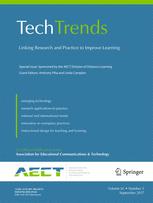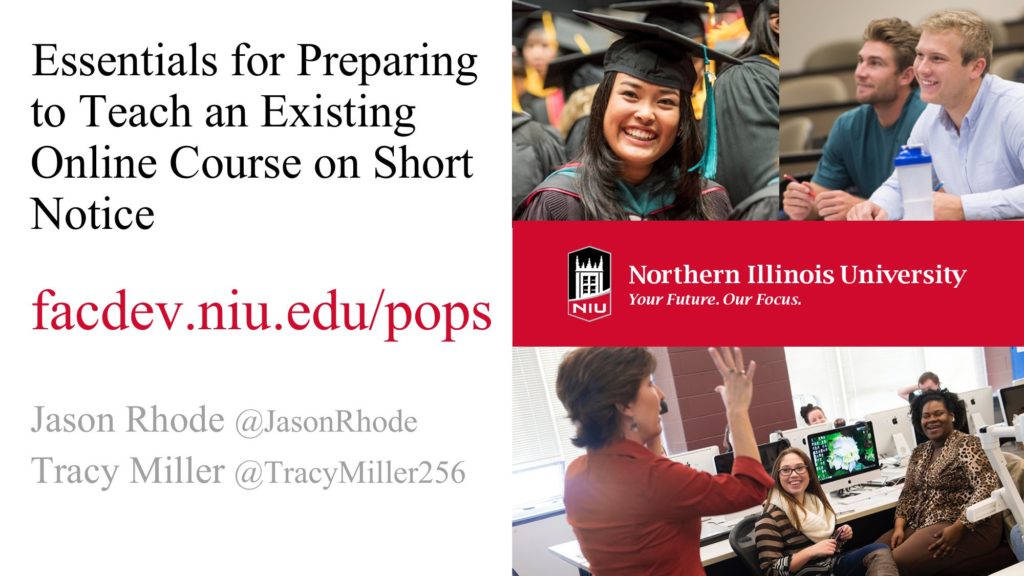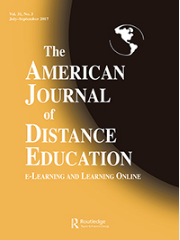 Many institutions use a one-size-fits-all approach to faculty development for online teaching, which does not meet the needs of faculty who often have different levels of experience, skill, and self-efficacy in online teaching and learning. To address these issues, the Northern Illinois University Faculty Development and Instructional Design Center designed and implemented an online teaching readiness self-assessment. The instrument was developed based on key attributes and skills needed for proficiency in online teaching, in three areas: online teaching experience and attitudes, learning management system proficiency, and access to technology. The self-assessment was distributed through a web-based survey tool to faculty who were identified to develop new online courses. Individual results were used to create personalized frameworks of professional development offerings (workshops, institutes, videos, and consultations) and just-in-time resources to support faculty in their development process.
Many institutions use a one-size-fits-all approach to faculty development for online teaching, which does not meet the needs of faculty who often have different levels of experience, skill, and self-efficacy in online teaching and learning. To address these issues, the Northern Illinois University Faculty Development and Instructional Design Center designed and implemented an online teaching readiness self-assessment. The instrument was developed based on key attributes and skills needed for proficiency in online teaching, in three areas: online teaching experience and attitudes, learning management system proficiency, and access to technology. The self-assessment was distributed through a web-based survey tool to faculty who were identified to develop new online courses. Individual results were used to create personalized frameworks of professional development offerings (workshops, institutes, videos, and consultations) and just-in-time resources to support faculty in their development process.
Citation
Rhode, J., Richter, S., & Miller, T. (2017). Designing personalized online teaching professional development through self-assessment. TechTrends, 61(5), 444-451. https://doi.org/10.1007/s11528-017-0211-3



